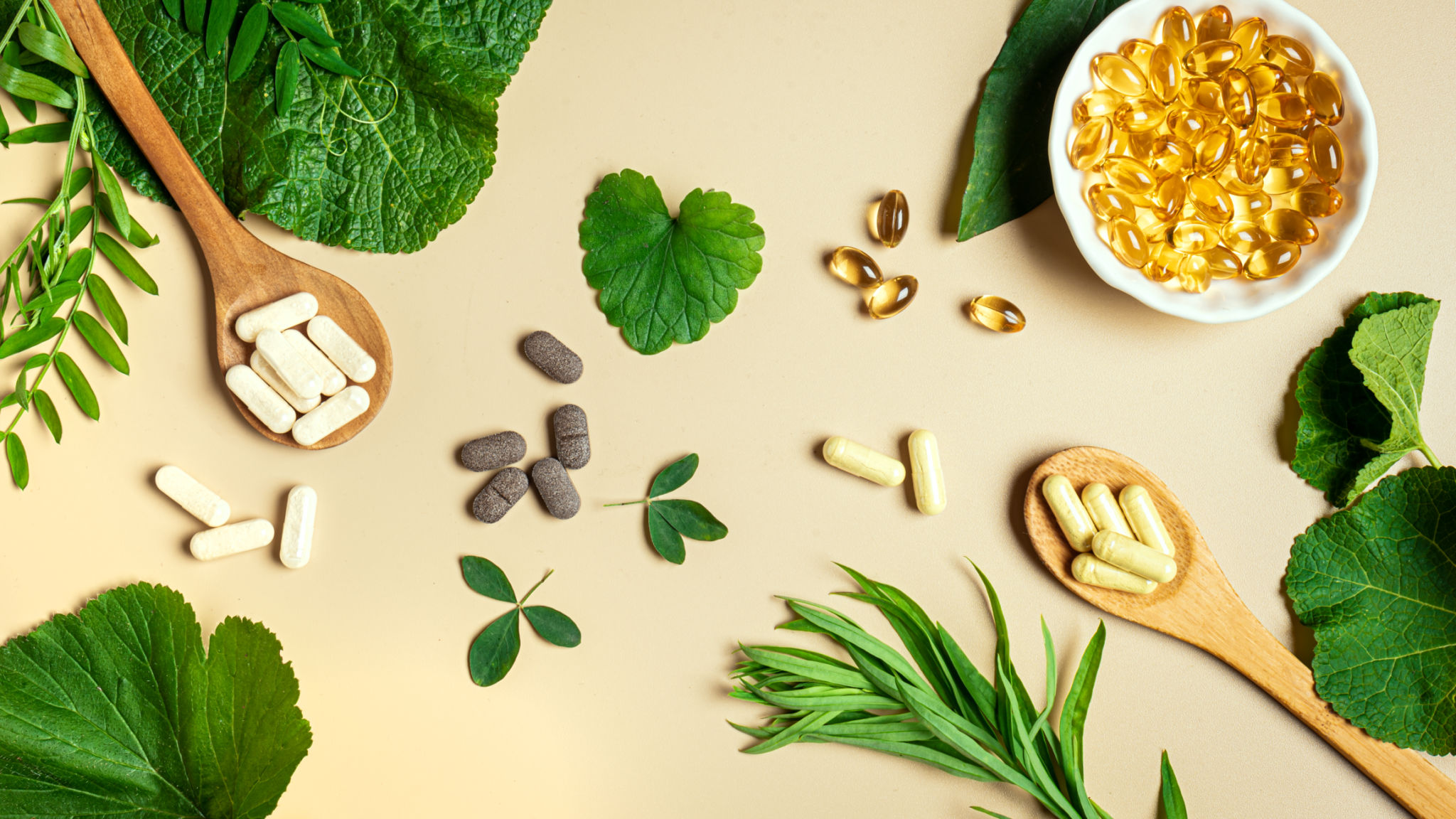RCVM.ORG
- Subcritical CO2 Extraction labs
- SES - 2
- SES-80
- Pure full spectrum raw botanical extracts
- Functional food
- Coffee + Schisandra
- Coffee + Hop extract
- Coffee + Artemisia Annua extract
- Almonds Protein
- Walnuts protein
- Services
- About
- Investor's page
- Blog
- Mare's milk processing
- CO₂ Dry Cleaning
- Subcritical CO₂-Extracted Shikonin for Skin Injury Treatment
Myth-Busting Herbal Extracts: Separating Fact from Fiction
In recent years, herbal extracts have surged in popularity, often branded as miraculous solutions for a range of health concerns. However, it's essential to distinguish between myth and reality when considering these natural remedies.
Herbal extracts are concentrated liquids made from herbs, offering potent doses of the plant's active components. While some claims about their benefits are backed by science, others are purely anecdotal.

Understanding Herbal Extracts
Herbal extracts are derived from various parts of plants, such as roots, leaves, or flowers. They can be administered in numerous forms, including tinctures, capsules, or teas. The extraction process involves using solvents like alcohol or water to pull out beneficial compounds.
It's crucial to know that not all herbal extracts are created equal. The efficacy of an extract can depend on factors like the part of the plant used, the method of extraction, and the concentration of active ingredients.
Common Myths About Herbal Extracts
Despite their growing popularity, many misconceptions persist about herbal extracts. Below are some common myths and the truths behind them:
- Myth: Herbal extracts are always safe because they're natural.
- Fact: Natural doesn't always mean safe. Some herbal extracts can interact with medications or cause side effects.
- Myth: All herbal extracts are equally effective.
- Fact: Effectiveness can vary based on the quality and source of the extract.

Scientific Support for Herbal Extracts
Some herbal extracts, such as turmeric and echinacea, have substantial scientific backing for their health benefits. Turmeric, for instance, contains curcumin, which has anti-inflammatory properties. Echinacea is frequently used to boost the immune system.
However, scientific evidence doesn't support all claims associated with herbal extracts. It's vital to consult reputable sources and healthcare professionals when considering these supplements.
Choosing Quality Herbal Extracts
When selecting herbal extracts, look for products that are standardized. This ensures a consistent amount of active ingredients. Additionally, choose extracts from reputable brands that provide transparent information about their sourcing and manufacturing processes.
- Check for third-party testing.
- Research the company’s reputation.
- Consult customer reviews and expert opinions.

In conclusion, while herbal extracts can offer health benefits, it's crucial to approach them with an informed mindset. By separating fact from fiction, you can make better choices about incorporating these natural supplements into your wellness routine.
Remember, always consult with healthcare providers before starting any new supplement, especially if you have underlying health conditions or are taking other medications.